Back to the list front, already we have taken a good look at why I'm bugged by "perfect" characters (# 5), characters whose life revolves entirely around coincidence (# 4), characters who refuse to evolve with their series (# 3), and plot hoops (# 2), but today I'm going to focus on my biggest pet peeve of all: poor world building.
1) Oversimplification
2) Underthinking "Cool" Elements
So you've got a world, why not fill it with a lot of cool elements that'll make it even more colorful and vivid? Fine. So long as you can properly rationalize them and make them fit into your world and make it seem reasonable that they can exist, this is fine. Introducing an element that sounds awesome but makes people take pause to try to sort it out, well, that teleports you out of the fantastical world you've put them in. For example, let's go back to Tatooine.
In line with the last problem, a lot of artists have trouble understanding scale in their fictional universes. You get this all the time in space opera stories, where distances between planets and stars are casually handwaved away with technobabble, but they're not the ones that I tend to have a problem with. No, it's often the smaller scale stories that tend to have this problem.
Things get even stranger in The Hunger Games universe. Much time is spent in District 12, which seems roughly the size of a small town (given the fact that the entire population can show up in a square on reaping day). While this is fine on its own, it gets a little confusing when we start seeing maps that indicate the districts (including 12) to be the size of at least one current US state and seeing the massive populations of other districts (including the Capitol) when compared with 12. Given the high mortality rate from starvation, mining accidents and the evils of Panem, its amazing that District 12 has anyone left alive for the games. Either the Capitol doesn't care much for coal, or it's going to need to shuffle in some new breeding stock ASAP.
You know, assuming the story didn't end as it did.
4) A World Without Consequences
This is further baffling in fiction where this sort of thing happens all the time in one particular place, with people refusing to move out even though the likelihood of being crushed to death is somewhere around 100%.
6) Ignoring the Outside World
I probably take world-building too seriously. (Wait, who am I kidding, probably?)
Beyond that, though, it's like I've been saying for the better portion of this list. Artists: Just take a little more time, put a little more thought into the story and its universe, and you can make something truly special.
So dear readers, are there any pet peeves in fiction that have always bugged you? Sound off in the comments below!
And as always, please drop me a line on Facebook or Twitter! I'm big into liking/following back!
Facebook: http://facebook.com/mattcarterauthor
Twitter: https://twitter.com/MCarterAuthor
-- Matt Carter
(We know there's a lot of Matt Carter's online you could spend your time with, so thanks for hanging around this one!)
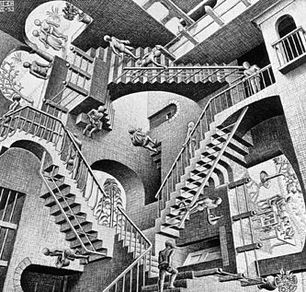
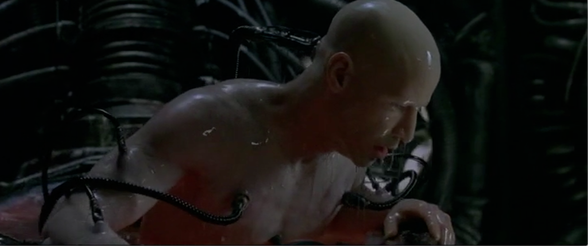
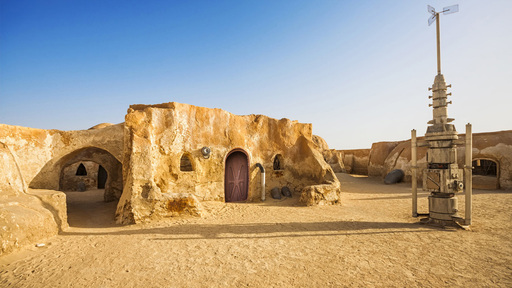
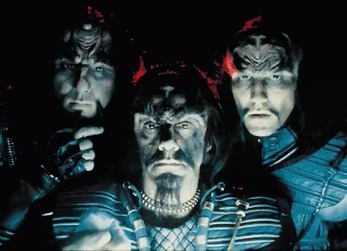
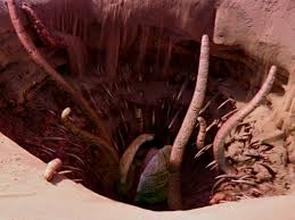
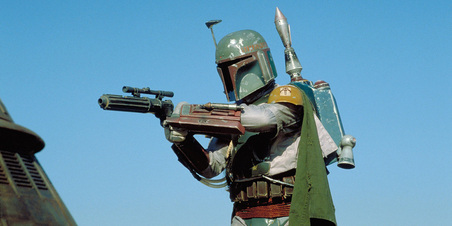
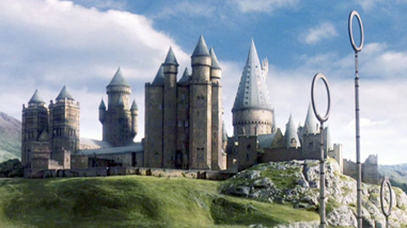
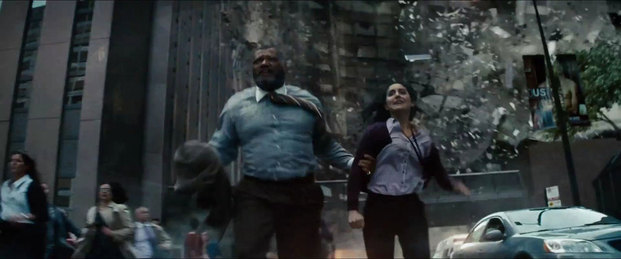
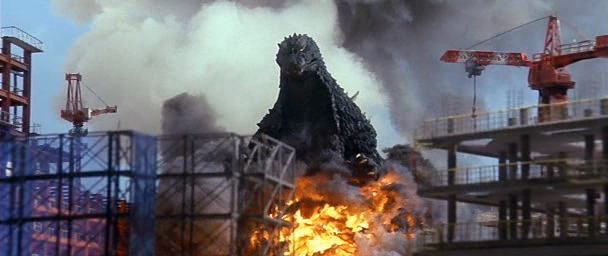
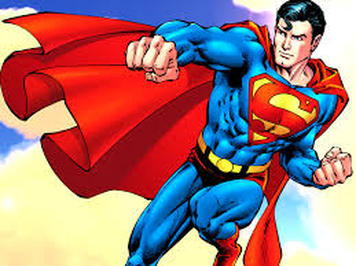
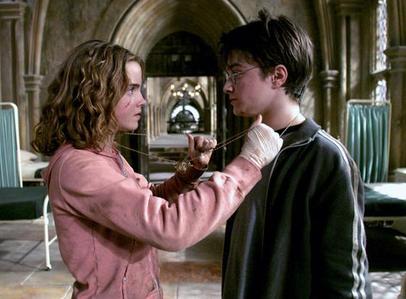
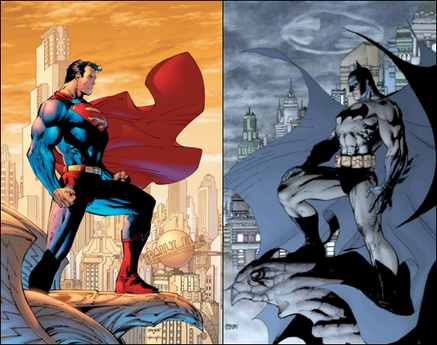
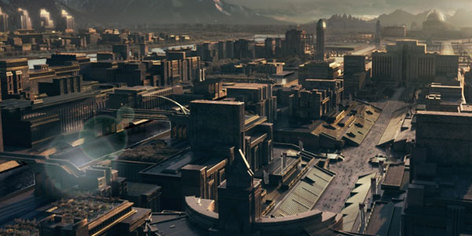
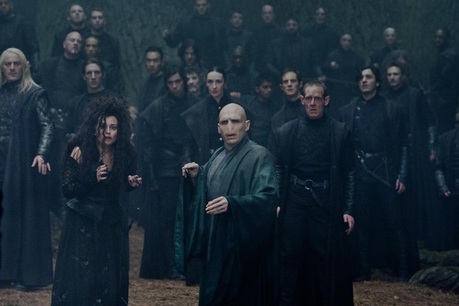
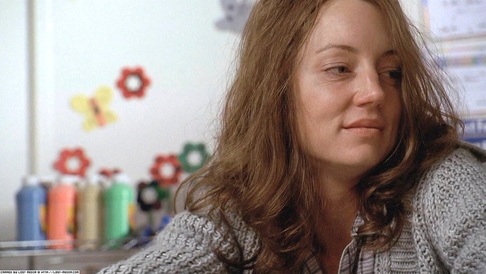



 RSS Feed
RSS Feed
